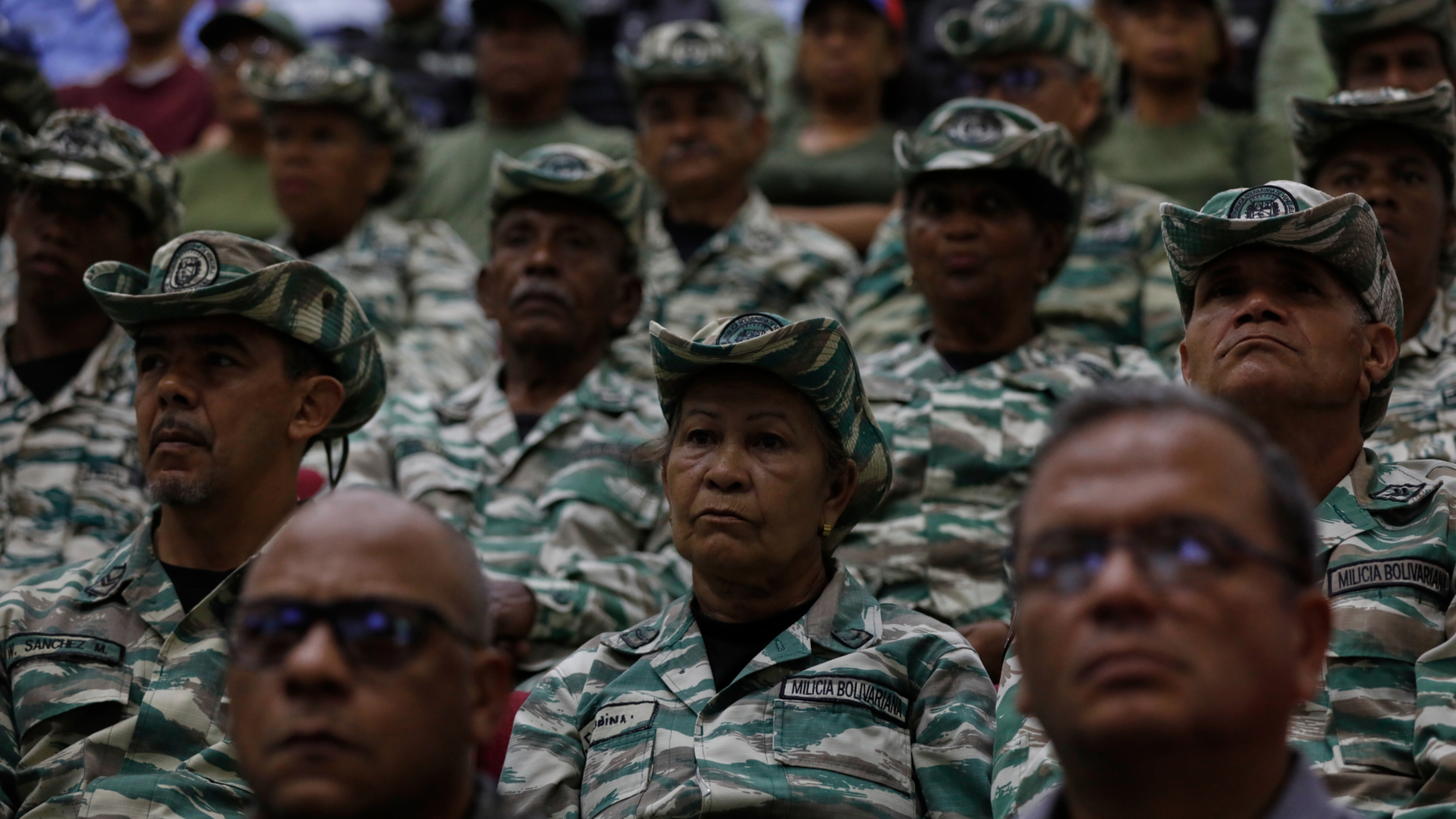
WASHINGTON - Tensions between the United States (US) and Venezuela are rising following a string of military moves and allegations linked to drug trafficking in the Caribbean.
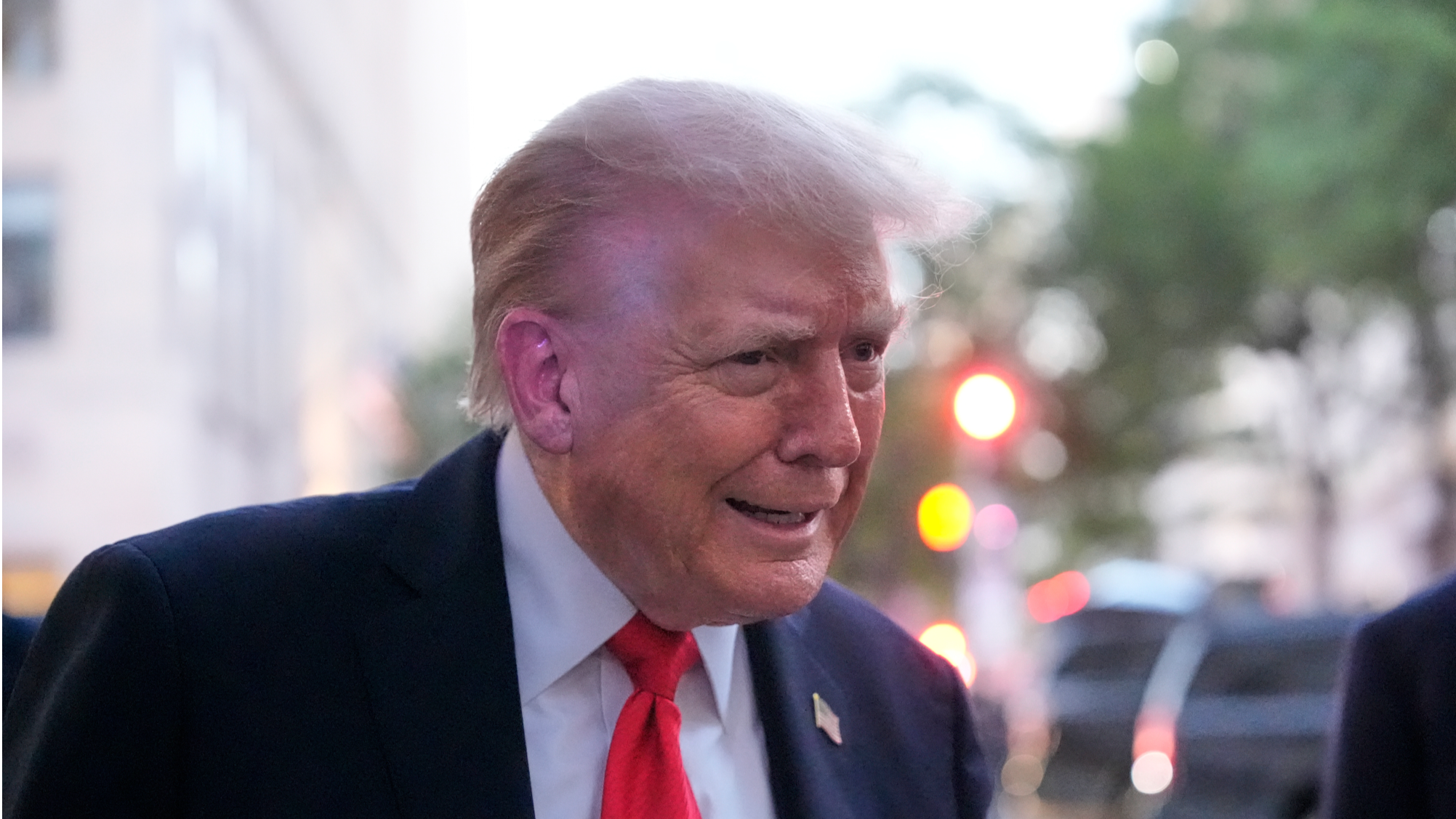
The standoff intensified when US President Donald Trump announced the deployment of 10 additional F-35 fighter jets to Puerto Rico, part of a growing buildup targeting Latin American drug cartels, Reuters reported on Friday.
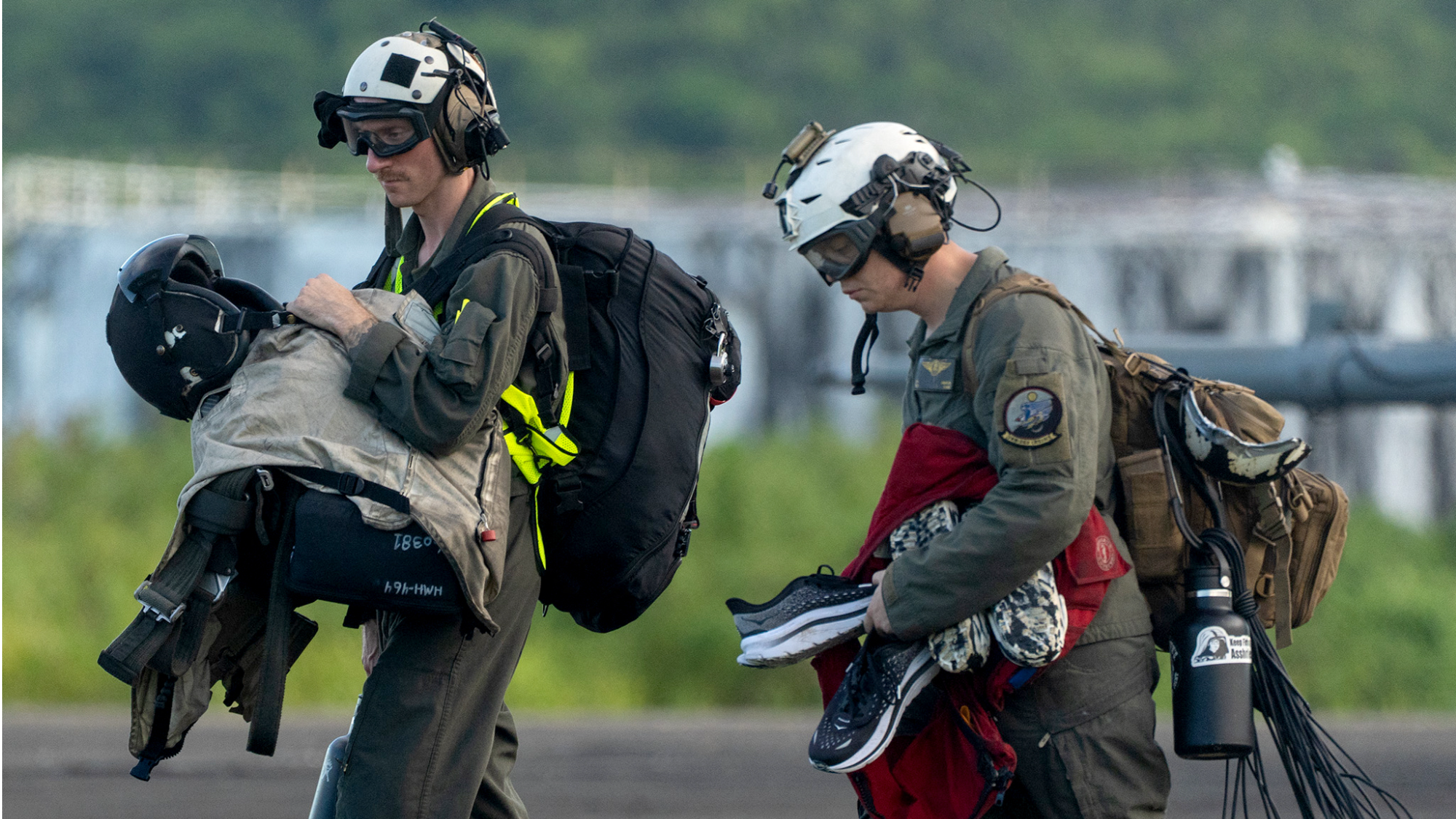
The jets joined US warships already deployed in the Caribbean, including guided-missile destroyers and amphibious assault ships carrying thousands of sailors and Marines.
READ MORE: Venezuela ready for US 'any attack', says defense chief
The military expansion followed a US strike last Tuesday that destroyed a boat allegedly operated by Venezuela's Tren de Aragua gang, which Washington designated as a terrorist group earlier this year. The strike killed 11 people and marked a rare instance of direct US military action in Latin America.
"The strike occurred while the terrorists were at sea in International waters transporting illegal narcotics, heading to the United States," Trump said on social media platform Truth Social, although no details of the cargo have been released.
Venezuelan officials questioned the authenticity of video footage of the strike shared by Trump, with Minister of Communication and Information Freddy Nanez suggesting on social media that it might have been generated with artificial intelligence (AI).
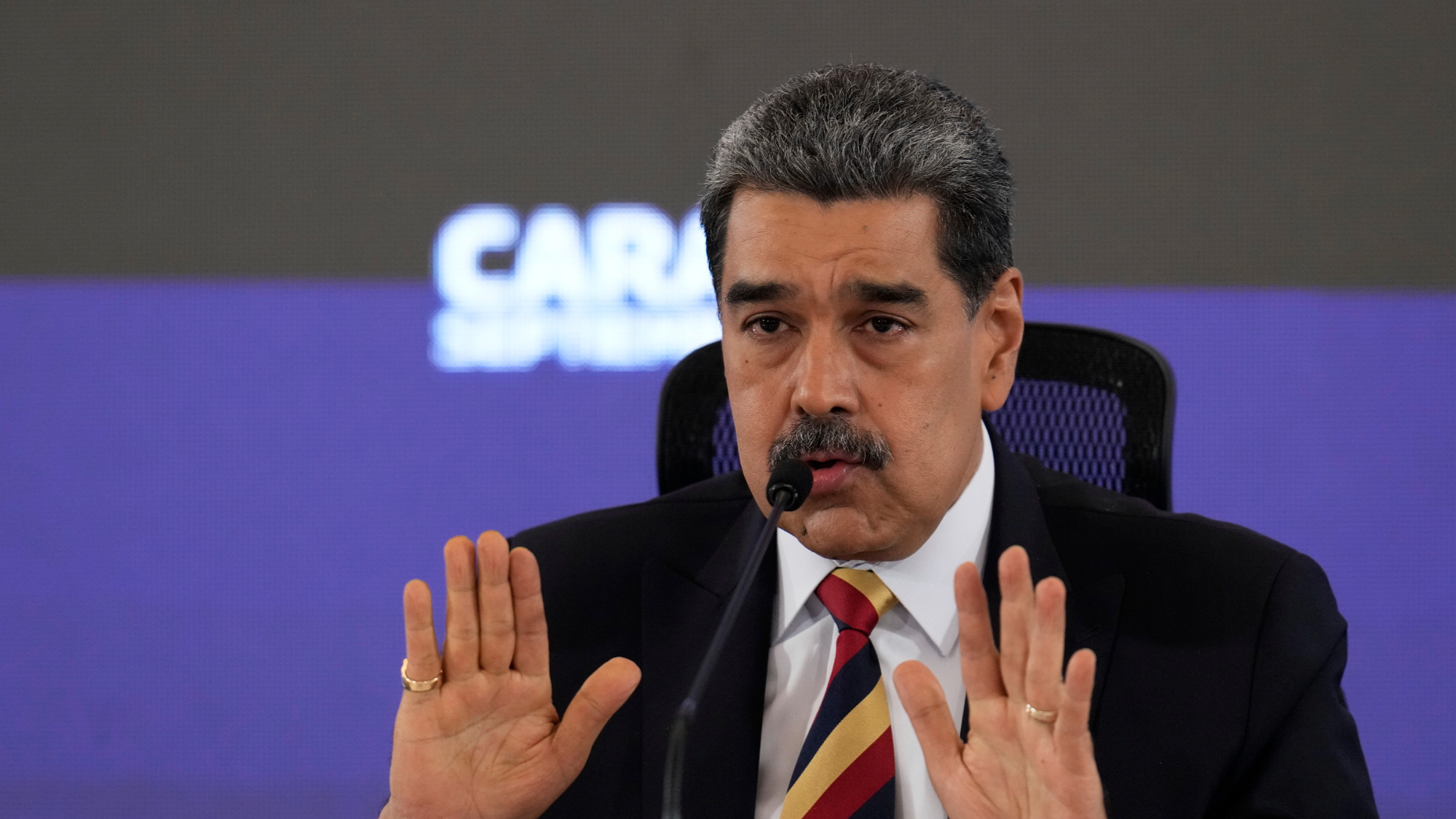
Three days after the US strike, Venezuelan President Nicolas Maduro vowed to defend Venezuela's sovereignty and urged Trump to engage in dialogue to avoid conflict.
Maduro denounced the US operation as "unlawful." He accused Washington of fabricating drug trafficking claims to justify its regime change attempt, insisting that Venezuela is free of coca cultivation and cocaine production.
"The government of the United States should abandon its plan of violent regime change in Venezuela and in all of Latin America and respect sovereignty, the right to peace, to independence," Maduro said on Venezuelan state television.
In response, Trump said Friday that the United States is not talking about regime change, but compared drug-related deaths of Americans to wartime casualties.
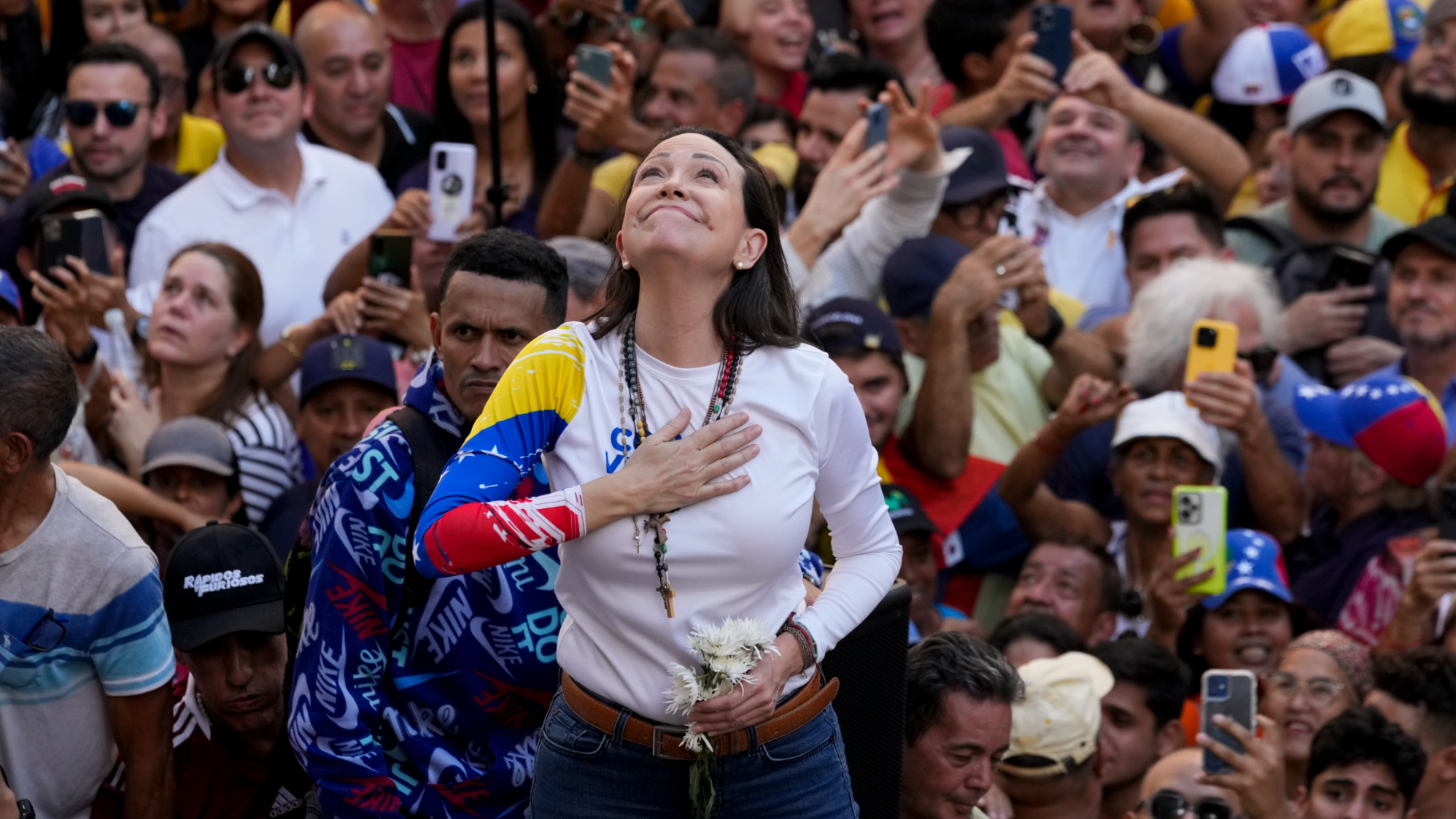
Venezuela's opposition force has portrayed the US posture as evidence that Maduro's rule is weakening. Opposition leader Maria Corina Machado told Fox News Channel that Washington had taken the "right approach" to confronting the Venezuelan government.
On Sunday, Maduro announced the deployment of 25,000 troops to coastal and border regions, more than doubling forces previously stationed in the states of Zulia and Tachira bordering Colombia.
Trump is still weighing options for military action against drug cartels inside Venezuela, including potential strikes on its territory, CNN reported on Friday, citing multiple sources.
Maduro: US playing ‘dangerous game’
Maduro has warned about the presence of US military ships in the Caribbean Sea, saying "the US empire is playing a dangerous game" not only for the region but also for itself.
In an interview conducted by former Ecuadorian President Rafael Correa for Russian news network RT and broadcast Tuesday by local media, Maduro said the United States is playing "an extremist card" by creating a "false narrative."
"What the current US government is doing is creating a false narrative to justify military action, to start a war in South America for regime change," he said.
The United States aims, through "military intimidation," to back Venezuela's far right, which has been defeated domestically "on all fronts," he added.
Maduro reiterated that, contrary to accusations made by Donald Trump's administration, which seeks to link his government to the drug cartels, "Venezuela is a free country, completely free from the phenomenon of drug trafficking."
"All drug trafficking in South America and the world is directed from the United States ... it is in the United States that the mafias are located, that the real cartels are located," he said.
Washington's real concern "is oil, not drug trafficking," he said, adding it also aims to take control of the South American country's other natural resources.
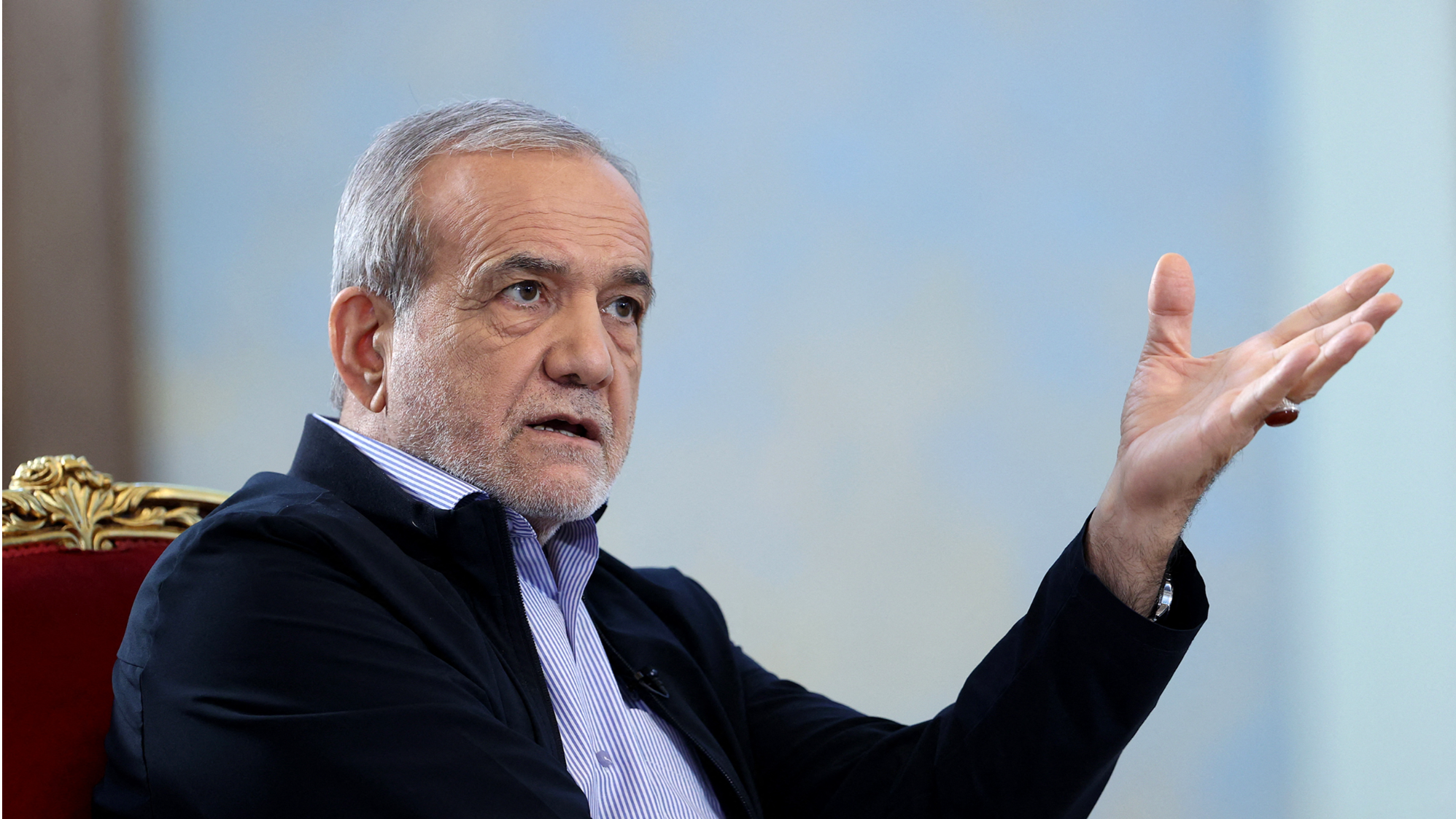
Iran backs Venezuela
Iranian President Masoud Pezeshkian pledged full support for Venezuela's territorial integrity in a phone call with Maduro, his office said on Tuesday, amid US threats of military action against Caracas under the pretext of fighting drug cartels.
Pezeshkian said Iran "strongly condemns any aggression against countries' territorial integrity" and voiced hope Venezuela would remain "victorious and proud" through unity and resilience.
The Iranian president said his country's experience showed "US and Israeli objectives failed due to our internal unity," adding that Washington had long relied on "fake propaganda and false narratives" to justify violating international law. He expressed readiness to expand cooperation with Venezuela, calling it a "friend and ally."
READ MORE: Interior Minister: Venezuela, US resume talks despite divides
Maduro, for his part, praised Iran's support and said Venezuela's "exemplary" unity among government, people, and armed forces had strengthened its defenses. He accused Washington of running a propaganda campaign to damage his country's reputation, but vowed Venezuela would "stand decisively" against any threat.
Maduro said Venezuela would use all its capacities to promote ties with Teheran.
Earlier this month, the US military killed 11 people in a strike on a Venezuelan vessel it said was carrying narcotics.


